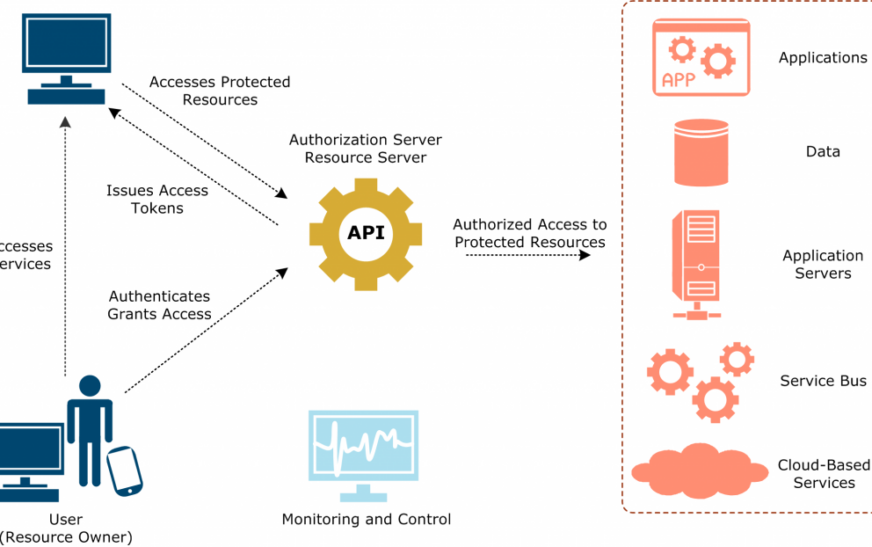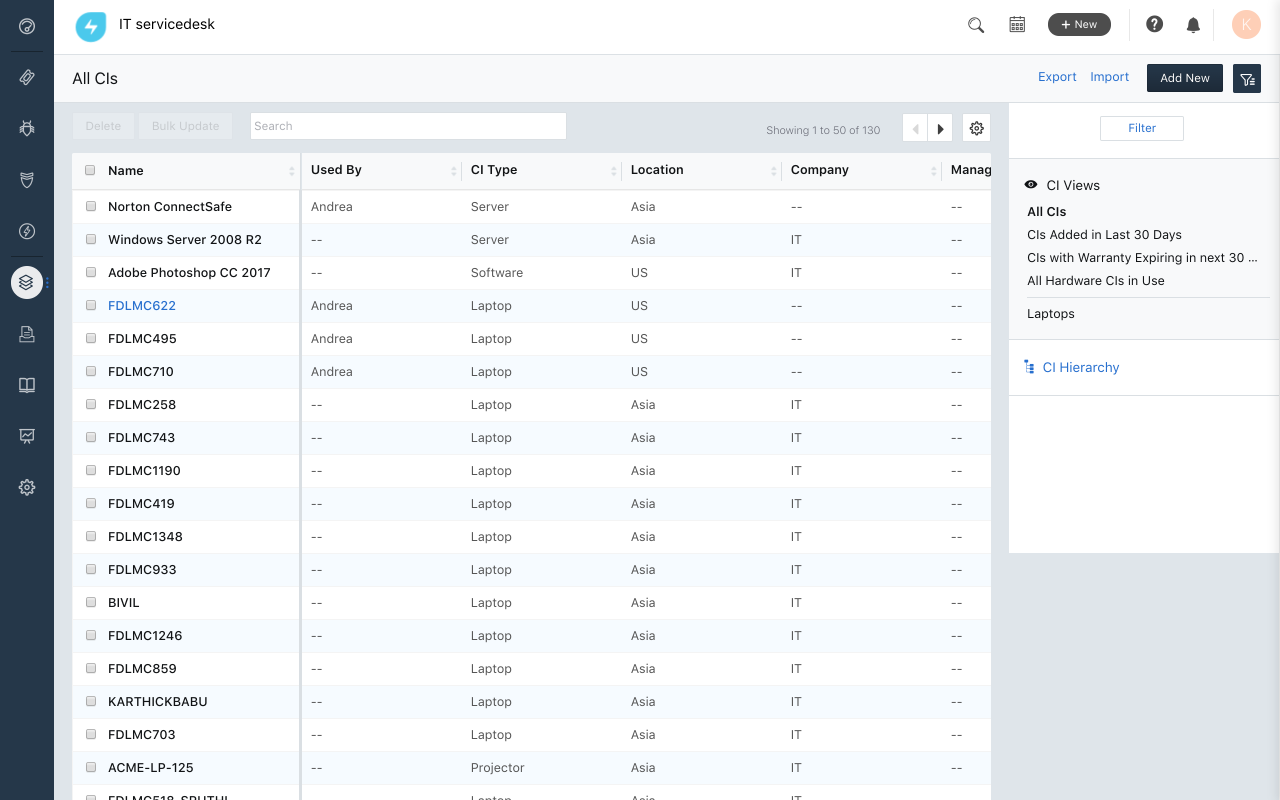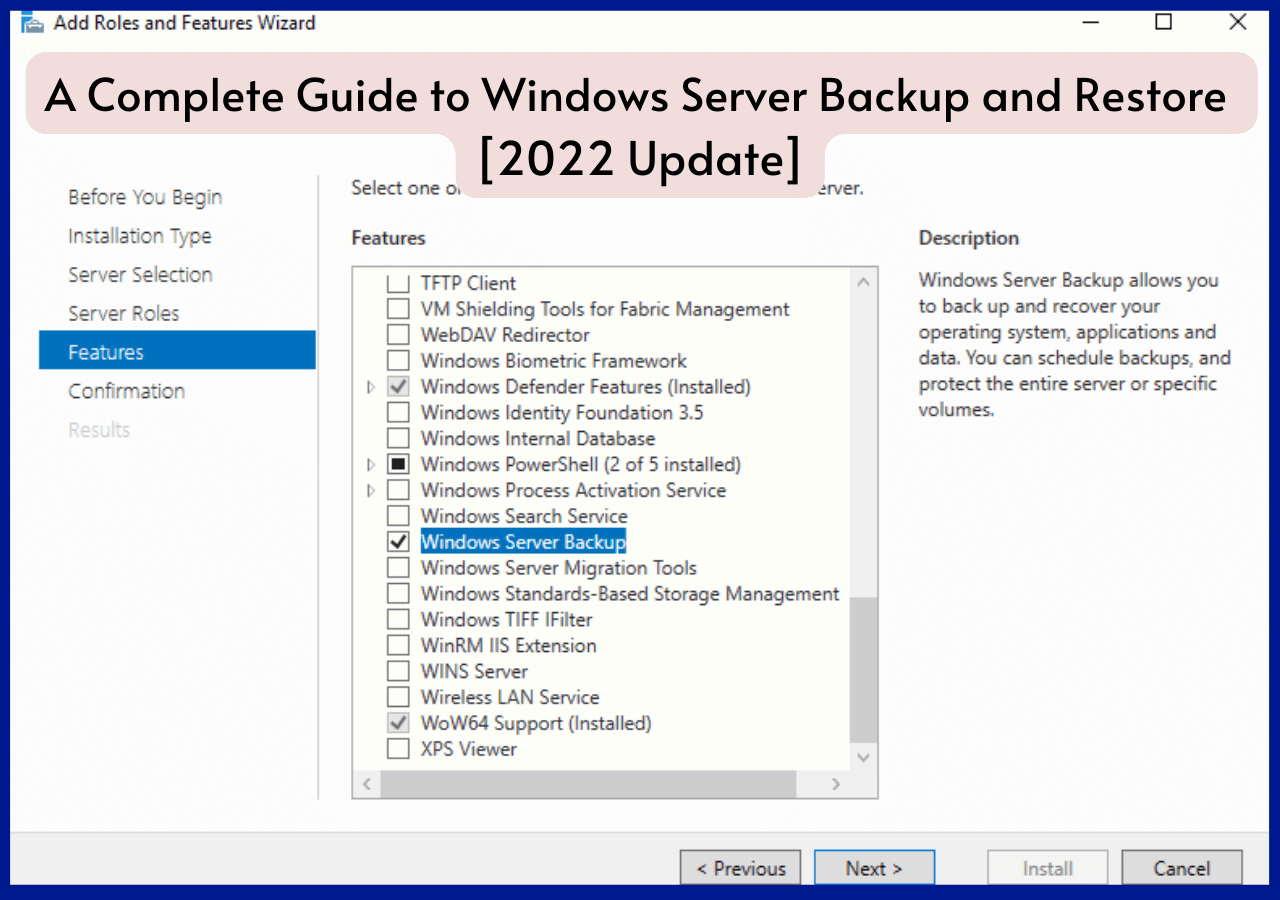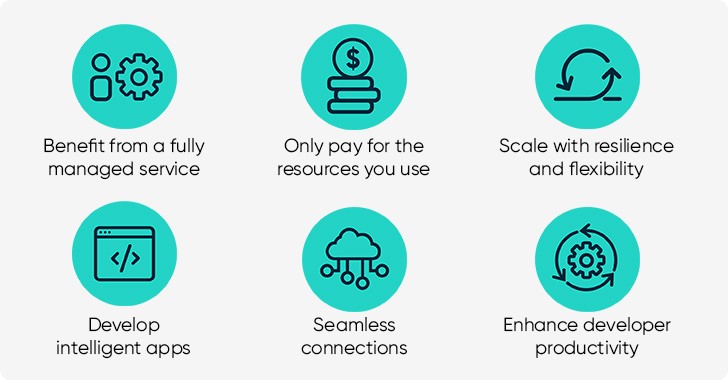Embark on a journey into the realm of open source server software with endless possibilities and cost-saving advantages. As The Benefits of Using Open Source Server Software takes center stage, this opening passage beckons readers into a world crafted with good knowledge, ensuring a reading experience that is both absorbing and distinctly original.
Open source server software offers a myriad of benefits such as cost savings, flexibility for customization, and robust security features. Dive into the details of how businesses can leverage this technology for their advantage.
Introduction to Open Source Server Software
Open source server software refers to server software that is developed and distributed with an open-source license, allowing users to access and modify the source code. This type of software plays a crucial role in the tech industry by providing flexibility, cost-effectiveness, and community-driven innovation.The concept of community-driven development in open source projects means that a community of developers collaborates and contributes to the software’s development, leading to continuous improvements and updates based on the collective knowledge and expertise of the community members.Some popular examples of open source server software used in the market include Apache HTTP Server, Nginx, MySQL, PostgreSQL, and OpenStack.
These software solutions are widely adopted by organizations of all sizes due to their reliability, security, and customization options.
Cost Benefits of Using Open Source Server Software: The Benefits Of Using Open Source Server Software
Open source server software can provide significant cost savings for businesses of all sizes. By utilizing open source solutions, organizations can reduce upfront licensing fees and ongoing maintenance costs compared to proprietary software.
Managing customer feedback is crucial for any business to thrive in today’s digital age. Utilizing the right tools can make this process more efficient and effective. Check out the Top Digital Tools for Managing Customer Feedback to streamline your feedback management and enhance customer satisfaction.
Comparing Pricing Models, The Benefits of Using Open Source Server Software
When comparing the pricing models of open source server software with proprietary solutions, the main difference lies in the licensing fees. Open source software is typically free to use, modify, and distribute, while proprietary software requires a paid license for each user or server.
Ensuring server uptime is critical for maintaining a reliable online presence. By implementing the right strategies and tools, you can minimize downtime and keep your website running smoothly. Learn effective tips on How to Improve Server Uptime and enhance the performance of your servers for better user experience.
Open source software allows businesses to scale their operations without incurring additional costs for software licenses.
Real-World Examples
- One notable example of an organization benefiting from cost-effective open source server software is Netflix. The streaming giant utilizes open source tools like Apache Mesos and Apache Cassandra to power its infrastructure, saving millions in licensing fees.
- Another example is the city of Munich, Germany, which migrated to open source software to reduce costs and increase flexibility. The move saved the city millions of euros in licensing fees over the years.
Flexibility and Customization
Open source server software provides businesses with a high level of flexibility for customization, allowing them to tailor solutions to meet their specific needs. This flexibility is a key advantage that sets open source software apart from proprietary solutions.
Measuring social media ROI is essential for understanding the impact of your online presence. With numerous tools available, it’s important to choose the ones that best suit your needs. Explore the Top Digital Tools for Measuring Social Media ROI to optimize your social media strategies and maximize your return on investment.
Tailoring Solutions to Specific Needs
- Businesses can modify open source server software to align with their unique requirements, whether it involves adding new features, enhancing existing functionalities, or integrating with other systems.
- Customizing open source solutions enables businesses to create a more efficient and effective IT infrastructure that caters to their exact operational demands.
- By adapting open source software to fit their specific needs, organizations can optimize their workflows, improve productivity, and drive innovation within their operations.
Access to Source Code for Customization
- One of the major advantages of open source server software is the access to the source code, which allows businesses to delve deep into the software’s architecture and make modifications as needed.
- Having access to the source code empowers organizations to fix bugs, enhance security measures, and customize functionalities without being dependent on external vendors or providers.
- This transparency in the source code fosters a collaborative ecosystem where developers can contribute to the improvement of the software, leading to a more robust and adaptable solution for businesses.
Security Features of Open Source Server Software
Open source server software offers a range of security features that make it a reliable choice for businesses and organizations looking to protect their data and systems from cyber threats.
Community-driven Security
The open source community plays a crucial role in identifying and addressing security vulnerabilities in open source server software. With a large community of developers and users constantly reviewing the code, any potential security issues are quickly identified and fixed, leading to a more secure software environment.
- Regular Security Updates: Open source server software often receives regular updates to patch any security vulnerabilities that are discovered. This proactive approach helps to keep systems secure and up-to-date.
- Transparency: The open nature of the code allows for transparency, enabling users to review the code themselves for any potential security flaws. This transparency builds trust and ensures a more secure software environment.
- Community Support: The open source community provides a wealth of resources and support for users looking to enhance the security of their server software. From forums to documentation, users can access a wide range of knowledge and expertise to help bolster their security measures.
Examples of Security Measures
Popular open source server software such as Apache HTTP Server and Nginx implement various security measures to protect against cyber threats.
Apache HTTP Server, for example, offers features like mod_security which provides a web application firewall to protect against various types of attacks such as SQL injection and cross-site scripting.
Nginx includes features like SSL/TLS encryption support, secure password authentication, and access controls to ensure secure communication and data protection.
Final Review
In conclusion, The Benefits of Using Open Source Server Software not only empowers businesses with cost-effective solutions but also provides the flexibility and security needed in today’s tech landscape. Embrace the open source revolution and unlock the full potential of your server infrastructure.










